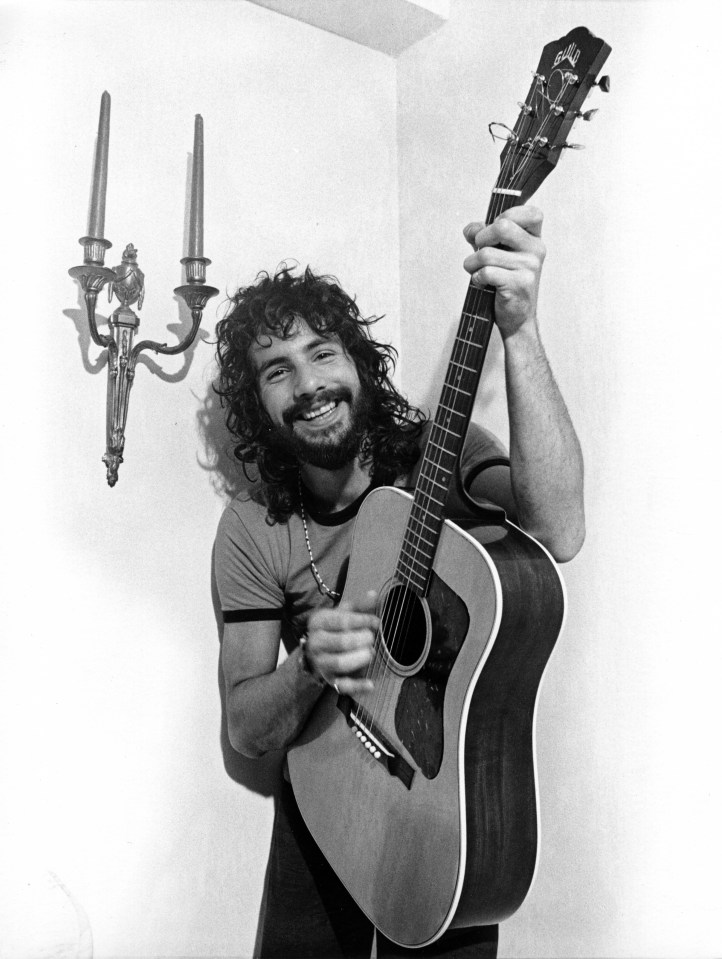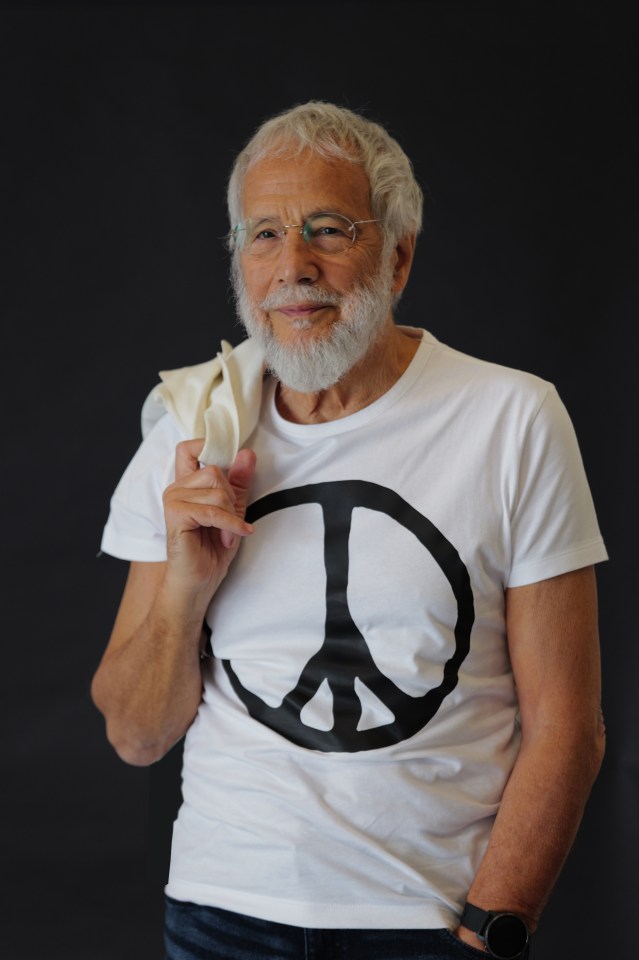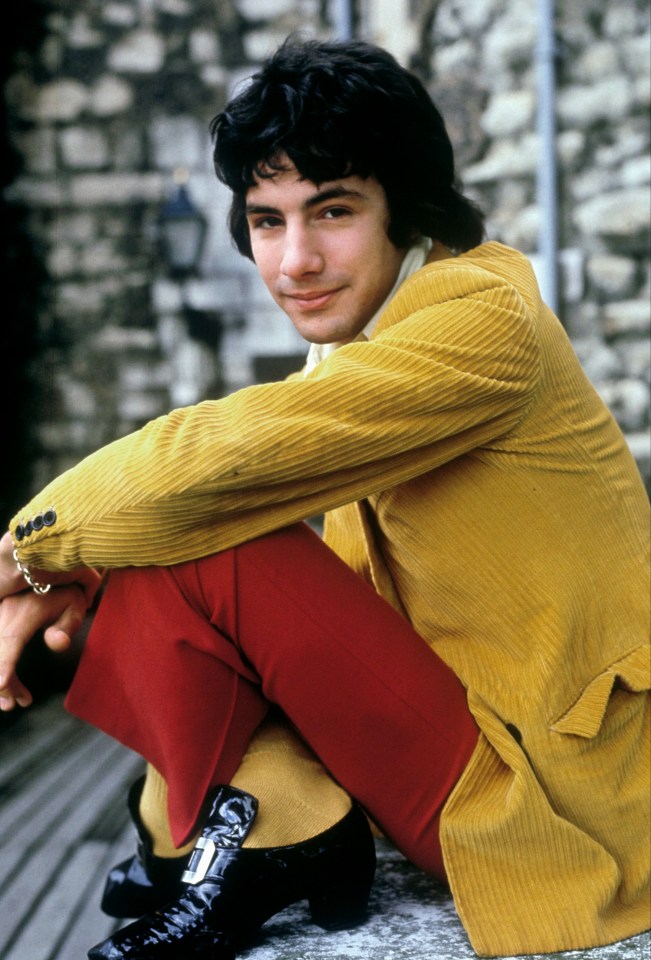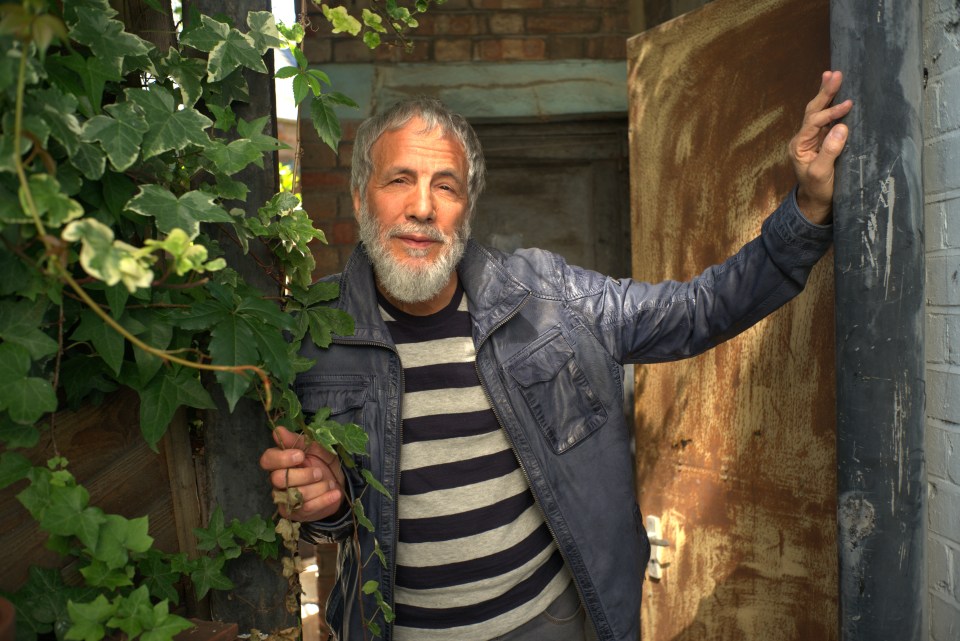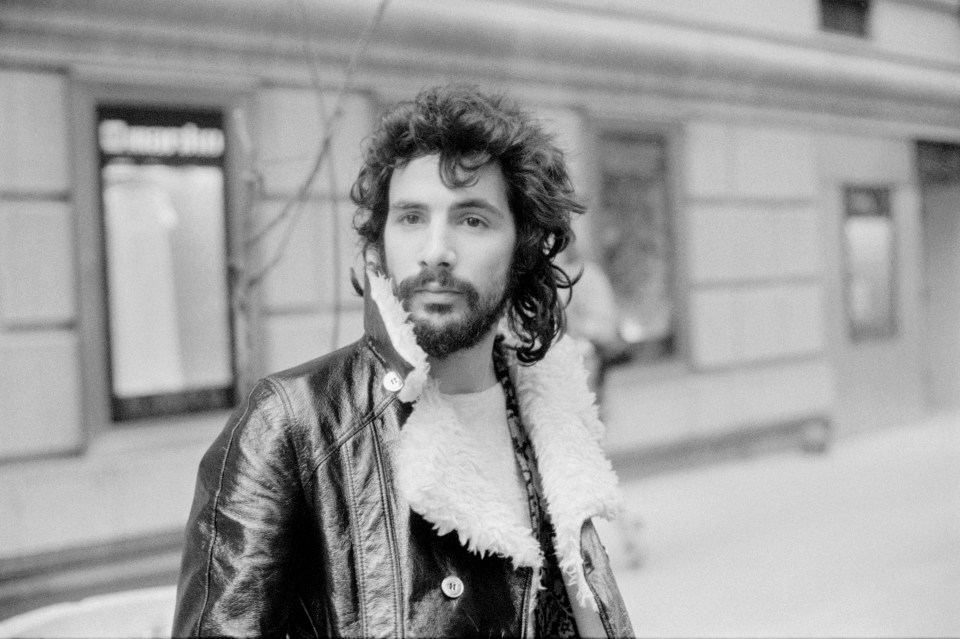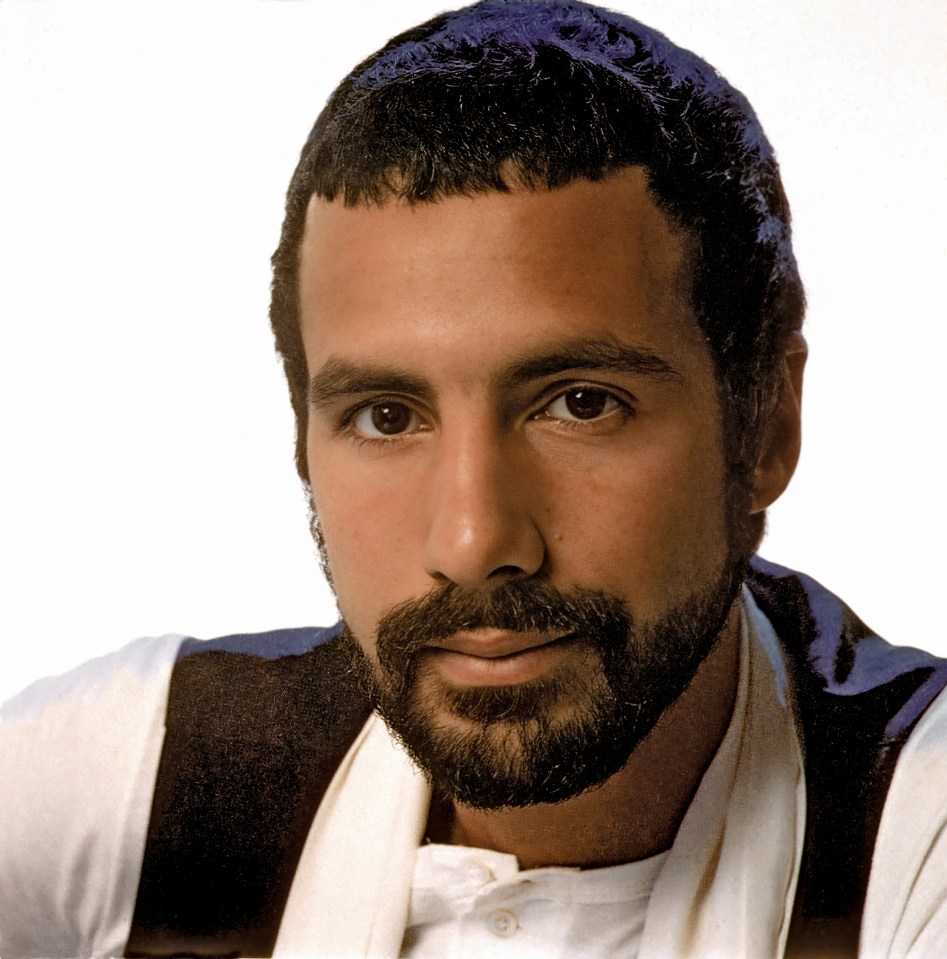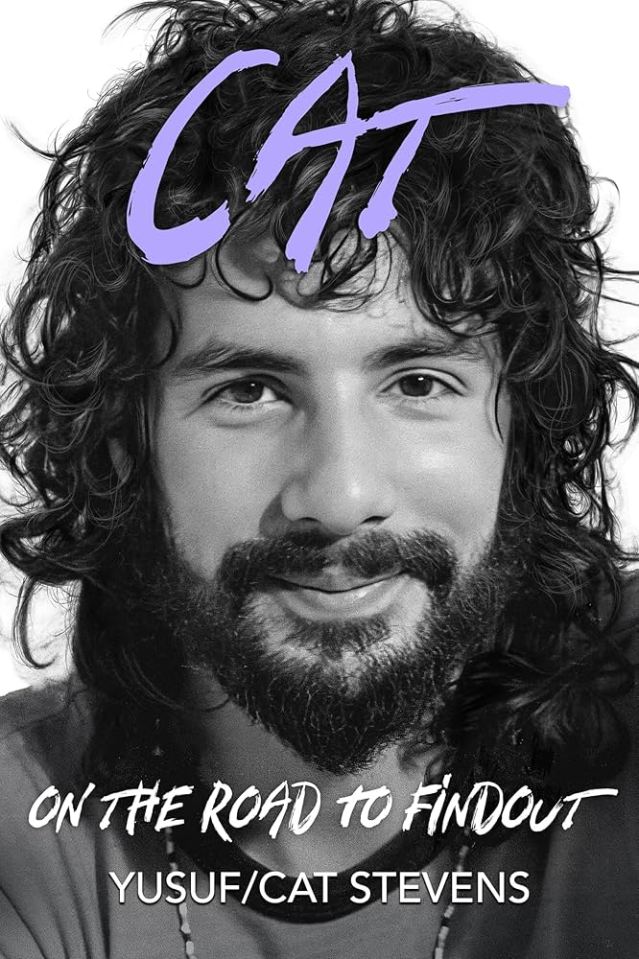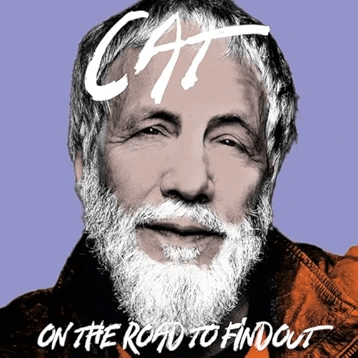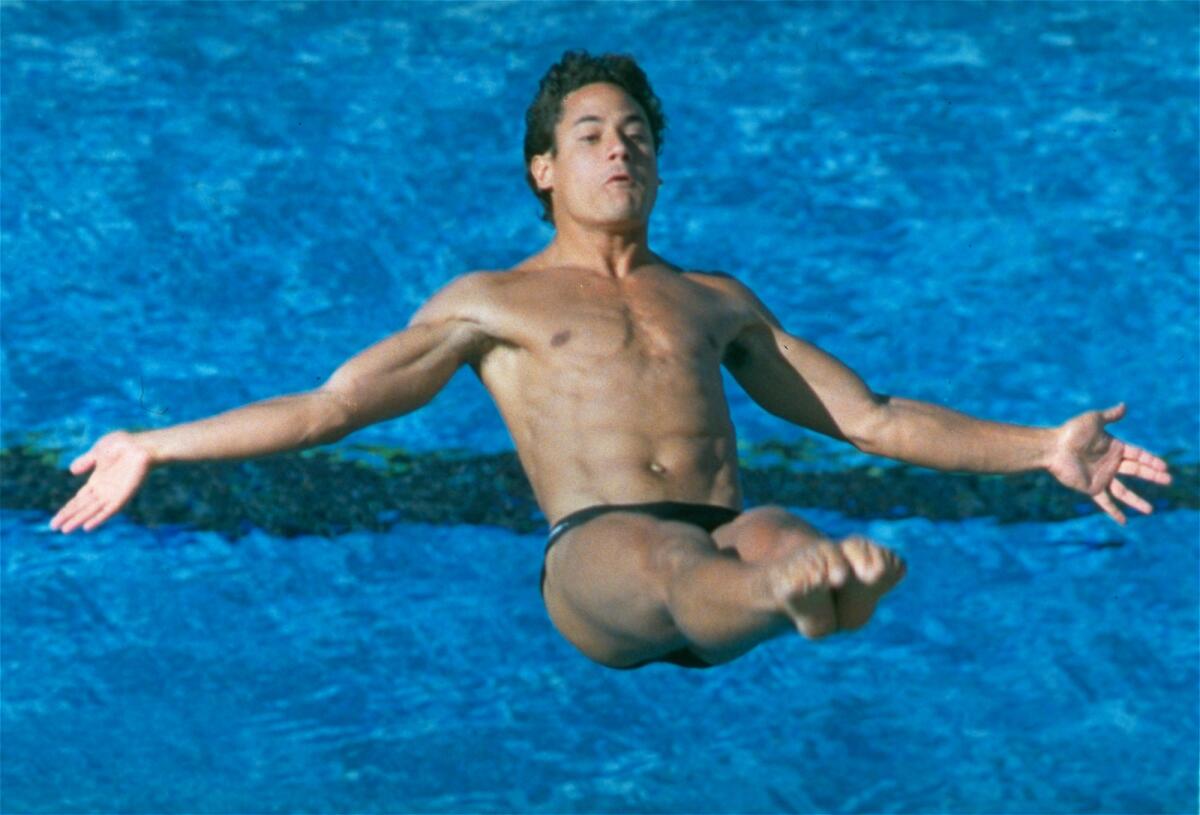Yusuf/Cat Stevens reflects on how his brushes with death set him on a lifelong journey of faith and self-discovery
THEY say that a cat has nine lives – and this particular one has used up several of his.
For the life of Cat Stevens, the singer-songwriter who became Yusuf after converting to Islam, has been shaped by his brushes with death.
The first of them happened in his early teens when the teeming streets — and inviting rooftops — of London’s West End were his playground.
One night, while out gallivanting with his best friend Andy, he found himself clinging by his fingertips to a ledge, several storeys up, near Prince’s Theatre on Shaftesbury Avenue.
Fall and his short life would be over but, as “the dark abyss” beckoned, Andy stretched out, grabbed his arm and pulled him to safety in the nick of time.
“It was the moment I first faced up to mortality,” Yusuf tells me, casting his mind back to the early Sixties.
“I already considered myself as a thinker by then and, as such, you can’t help thinking that one day you won’t be here.
“Whether it’s through an accident or illness or by dying in your sleep, it’s all one thing. You leave this world.
“That to me was a problem. I just had to understand more about it.”
So began a spiritual quest that Yusuf has carried with him to this day.
Two more narrow escapes followed.
In 1969, he contracted a life-threatening bout of TB which required months of recuperation.
With time to ponder his existence, he underwent a rapid transformation from Carnaby Street-styled pop star to tousle-haired, guitar-toting troubadour.
His thoughtful but hook-laden songs began flowing freely — Father And Son, Wild World, Moonshadow and Peace Train among them — and they made him a global superstar and bedsit pin-up.
Then, in 1976, he nearly drowned while swimming off the coast of Malibu, California.
As his life ebbed away, he looked up to the sky and prayed, “Oh God, if You save me, I’ll work for You!”
At that moment, a wave rose up and nudged him towards dry land. He sensed that, “God was right there”.
Not long afterwards, his brother David Gordon bought him a copy of the Qur’an for his birthday.
It had a dramatic effect, prompting Cat Stevens to embrace Islam, change his name to Yusuf (a variation on Joseph) and begin a lengthy retreat from music.
He says: “I was like, ‘This is actually it’.
“Everything I’d been writing in my songs was converging into this one new message. It overtook everything.”
And yet, as we know, there was a second coming.
For the past two decades, Yusuf has rekindled his passion for songcraft — releasing acclaimed albums and keeping his timeless Cat Stevens songs alive with gigs around the world, including the Glastonbury “legends” slot.
‘BLANK CANVAS’
Now he has documented his singular journey in a heartfelt, detailed, illuminating, funny, sad, often profound memoir, Cat: On The Road To Findout.
There’s also a hits album celebrating his various eras, and last weekend he embarked on a book tour of the UK and US, described as “an evening of tales, tunes and other mysteries”.
That means I’ve been given another chance to speak to Yusuf via video call.
With his neat grey/white hair and beard framing still handsome features, the 77-year-old greets me warmly before diving into subjects closest to his heart.
After our chat ends, I realise we’ve covered his faith, his family, his music, the impact of those near-death experiences — all the things which have moulded Yusuf/Cat Stevens.
If I had to pick his defining song, I know which one I’d go for and I think the man himself might agree.
It’s the fourth track on side two (I’m going vinyl here) of his classic 1970 album Tea For The Tillerman.
Called, as you might have guessed, On The Road To Find Out, it serves as his mission statement — an early acknowledgement of his spiritual journey.
Recalling its creation, Yusuf says: “I had scraped my way through a lot of life’s difficulties and challenges but they were the things which built me and prepared me.
“So I was already feeling like a receptacle for some kind of inspiration to be my guide.”
I watch as he recites the opening lines of the song he’s sung so many times, “Well I left my happy home to see what I could find out/I left my folk and friends with the aim to clear my mind out.”
He maintains that when he wrote On The Road To Find Out, not being tied to one religion proved “very, very useful”.
“I wanted a blank canvas,” he says. “I didn’t want to be influenced by my background or wherever I was situated in society.”
Yusuf draws my attention to the end of the song and adds: “It’s incredible really. It says, ‘Pick up a good book’.
“I was absolutely determined to write ‘a’ good book, not ‘the’ good book. I didn’t want people to think it had to be The Bible.”
His thoughts turn towards his childhood, his first encounters with spirituality and the parents he writes so affectionately about in his memoir.
His “handsome, bold” Cypriot cafe owner father Stavros was Greek Orthodox and his “beautiful azure blue-eyed” Swedish mother Ingrid was a Baptist.
They sent their youngest of three children, Steven Demetre Georgiou, as he was known then, to St Joseph’s Roman Catholic elementary school and he also attended Mass.
Though this was the first time he came “close to God”, he still felt like an “outsider” as a non-Catholic.
“Sometimes, the church itself can be a barrier between you and your creator,” muses Yusuf.
“When Jesus was asked how to pray, he didn’t say go to church. He said, ‘Pray direct to God’.
Mum taught me how to love and dad taught me how to work
Yusuf/Cat Stevens
“I was fortunate not to be tied to a strict religion.
“That gave me flexibility — I achieved my observer status as far as spirituality was concerned.”
As a child, Yusuf was given a lively introduction to the world.
“Growing up in the West End had a big impact on me,” he says.
“It felt like the whole world was crammed into this little area of London where everything happened.
“You didn’t necessarily learn how to climb trees, but you did learn how to climb roofs,” he adds with a rueful smile about the time he nearly fell.
Next, I ask him to share memories of his parents.
“Mum taught me how to love and dad taught me how to work,” he replies.
Yusuf says that his mother Ingrid “had a massive impact on me”.
“Swedes have a characteristic which is beautiful in a way. It is called ‘lagom’ which means equality — you don’t need everything, you just need enough.
“From that, you can develop your attitude towards charity and all sorts of things.”
He continues: “Mind you, Dad was also charitable. He used to give cups of tea to tramps.
“It was part of the culture of the family to appreciate having food on the table.”
Yusuf describes how his father Stavros “first went from Cyprus to settle in Egypt”.
“Then he went to America and, from there, he passed back through Greece to the UK — you know, to the Empire, because Cyprus was connected to Britain at that time.
“He gave me the traveller’s bug and also a work ethic. I certainly know how to wash dishes!”
Yusuf credits his parents to a certain extent for his love of music and performing.
He remembers writing a “sweet Swedish lullaby” with his “naturally musical” mother while they sat at the piano.
The final couplet translates as, “Come will you take my hand and lead me away/The way to my heart is so short.”
In the book, Yusuf describes Ingrid’s strength of character when she discovered her husband was having an affair with a waitress, leading to their separation.
She whisked her children to her hometown of Gavle for five months, where young Steven was the only “dark-eyed, black-haired lad in town”.
‘SO FORTUNATE’
Yusuf says his “extrovert” father probably gave him the characteristics to command a stage.
“He was extremely sociable to customers and an expert at Greek dancing with glasses of water balanced on his head.”
One of the most moving passages in the book arrives when Yusuf gets to 1978 and his dad has only days to live.
Stavros had called him “Stevie” from the day he was born but, as he lay on his deathbed, he whispered, “Where’s Yusuf?”
It was an act of acceptance for Yusuf’s Muslim faith for which he is eternally thankful.
He says: “You called your son one name all your life, and that’s the one you chose for him.
“Then, at the end, you accept his path and his identity. You don’t detach from it, you embrace it.
“My God, I was so fortunate. I was so lucky to have a dad like that.”
Now it’s time to turn our attention to music… after all, it’s what made Yusuf/Cat Stevens famous.
In the autobiography, he recalls buying his first single, Baby Face by Little Richard, how much he loved Buddy Holly and how later on he was blown away by John Lennon’s mighty holler on The Beatles’ cover of Twist And Shout.
He tells me with a laugh: “You can just imagine the Queen at the Royal Variety Show watching The Beatles and wanting to pull off her pearls and diamonds and dance in the aisles.
“But I’m afraid she couldn’t.”
So what compelled him, already a gifted visual artist, to venture into the music business and adopt the “hip” stage name Cat Stevens?
“I felt I had something to offer,” he replies. “I felt that people should get it.
“It wasn’t just a career choice or business decision. It was more than that — it felt like a calling.
“I responded to it and it responded to me. My songs, everything, came so easily.
“I wrote The First Cut Is The Deepest when I was 17 [in 1965].
“My brother David also had a big hand in it because he was the business head of the family.
“He was instrumental in getting me contacts.”
After a run of hits including I Love My Dog, Matthew & Son and I’m Gonna Get Me A Gun, Cat Stevens went through his dramatic change of tack, prompted by him contracting TB.
“It was an opportunity to take another stab at life — from a new, inspired position,” says Yusuf.
As human beings, our way forward is to understand that we’re all the same in our dreams, our visions and our hopes
Yusuf/Cat Stevens
“By that time, I’d read a very interesting book dealing with metaphysical issues of the spirit, the soul, the beyond, the divine. It put me on another plateau.”
One of the songs written by the “new” Cat Stevens was Where Do The Children Play?, as relevant today as ever.
He says: “There’s a very poignant line pointing to what we are facing today, which is assisted dying.
“I say, ‘Will you tell us when to live/Will you tell us when to die?’.
“I mean, God Almighty, you’ve got a chance to live. You don’t want to lose that.
“When you look at the way the corporate world is moving, it really is designing life for the people of this planet.
“And it may not be the best life because we’re detached from nature so much of the time.
“Where Do The Children Play? is a song about nature and children are perfect examples of human nature.”
Before we go our separate ways, I ask Yusuf about the long hiatus from music after his conversion to Islam.
It was a time when he was dragged into various controversies.
One headline, which he repeats in the book, even read, “Cat Stevens Joins The Evil Ayatollah”.
“It’s just prejudice,” says Yusuf. “And that is something we have to be very careful about.
“As human beings, our way forward is to understand that we’re all the same in our dreams, our visions and our hopes.”
This comment reminds him of “what we’re seeing right now in Palestine”.
“These are people, these are families,” he says. “They’re not from an alien planet.
“That’s why it’s good to see the response from ordinary grandparents and ordinary kids, responding to the devastation people are facing.
“You may argue about the term genocide, but you can’t argue about the term infanticide.”
Returning to his break from music, he says: “I have no regrets at all. I chose the name Cat Stevens and was content with that.
“That was my success but it was not the success I was yearning for overall in my life.
“The biggest thing for me was finding my identity — and that’s twice as difficult when you have a show name.”
It was Yusuf’s son Yoriyos, one of his five children with wife Fauzia (a sixth died in infancy), who encouraged him to make his comeback.
“He got what I was about and he said, ‘This cannot be buried’.
“It wasn’t a case of reinventing, more of reviving the spirit. He saw it as a pure, good thing — and it inspired me.”
Finally, I ask Yusuf if he’s still on the road to find out.
He answers: “There’s a saying in the Qur’an — ‘If all the seas were ink and all the trees were pens, you would never exhaust the words and the knowledge of God’.
“So, yeah, no fear about drying up here.”
